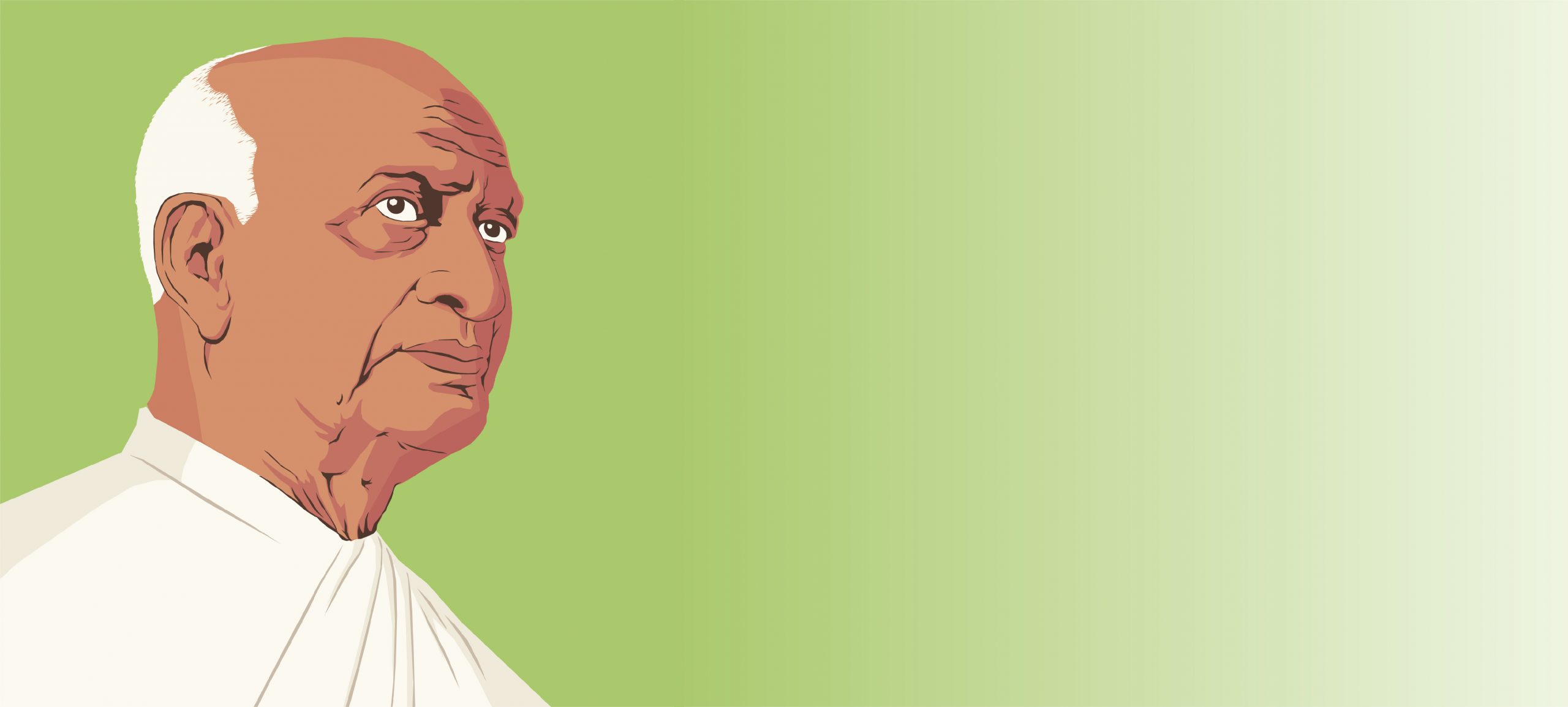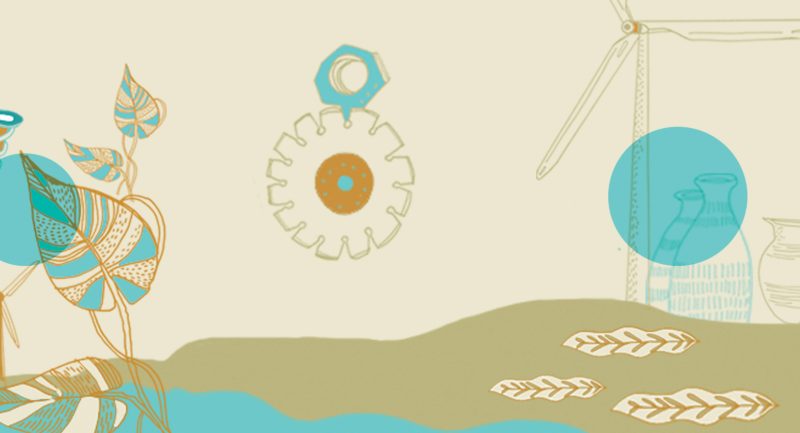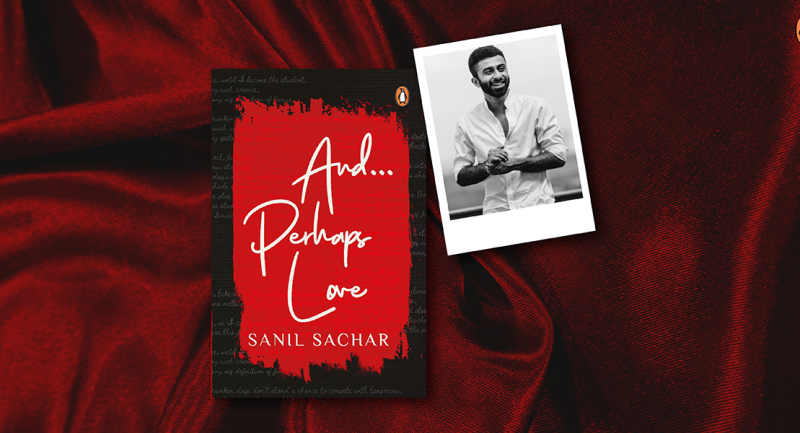
The Man Who Saved India by Hindol Sengupta is a meticulously researched, brilliantly sketched portrait of Vallabhbhai Patel-a man who seems to have received short shift both in his lifetime and in posterity. The ‘dominance of one (or more) strains of history in the imagination of the modern Indian nation’ is so absolute and limiting, that most of us know almost nothing about the man whose efforts created a consolidated India. The modern Indian nation state owes as much to Patel for its existence as it does Gandhi or Nehru and yet, the great statesman is not given the same immediate recognition despite his personal sacrifices for the cause of freedom, his contributions to fund-raising for the Indian National Congress and the pragmatism and prescience that he displayed on issues ranging from Kashmir and Hyderabad, to bureaucracy and socialism.
Patel considered Gandhi his guru and deferred to him on multiple occasions (even if it was to his own detriment) while Nehru, the man who became Prime Minister (as many say, in his place) comes across as both colleague and rival, with their collaboration on several issues and complementary skills contrasting with their essentially different backgrounds, ambitions and, ideologies and approaches to the issues of the day.
Read on for a glimpse at the most significant collaboration and rivalry in modern Indian history.
Patel’s essentially grounded nature vs. Nehru’s comparative ambition
“It is my contention that not only is Patel deserving of being counted as one of the three strongest pillars of the movement that won India freedom from British rule, but that he was also perhaps the most grounded, literally and figuratively, of the three, and that his contribution from before Independence till his death in 1950, in many ways, surpassed Nehru’s. There is no doubt that Nehru had many fine ideas as prime minister but he would have done well to heed Patel’s pragmatic, cautious, earthy wisdom in problematic issues like Pakistan, Hindu–Muslim disputes, and India’s relationship with China. But to any neutral observer it would be clear that it was Patel who threw way personal motivations and ambitions far more than the other two men—indeed he seemed to be able to carry a lighter, nimbler sense of self.”
Patel vs Nehru and Gandhi in posterity:
The memories of Patel’s contributions have faded and the benefits of his legacy are rarely credited to him.
“While most Indians know far more about Gandhi and Nehru and their contributions in making the nation that they call home, few would immediately, in the same breath, give equal recognition to Patel. Such acknowledgement is eminently due, and it is a shame that it has never been adequately given, if for nothing else then those ‘four hectic years, 1947 to 1951’ when through endless ‘toils and anxieties the edifice of a consolidated India’was built with Sardar Patel as the ‘light and inspiration’.”
Patel vs Nehru for the post of Congress president:
Patel was the popular choice several times but stepped aside for Nehru upon the request of Mahatma Gandhi
“It certainly sounds less acerbic when you consider the number of times Patel gave up, without a protest, the position of the president of the Indian National Congress led by Mahatma Gandhi, including in 1947 when not a single state unit of the Congress nominated Jawaharlal Nehru for the position of president because that would mean having him as the country’s first prime minister. Each time that Gandhi indicated his choice was Nehru, in many ways an adopted son, each time Patel quietly stood aside, without a single complaint. In 1929, 1936 and 1946, when Patel was a natural claimant to the position of Congress president.”
Patel vs Nehru on the handling of citizens in a democracy
“Nehru understood that one of the best ways to talk about the future in a country obsessed with the past was to couch it in the language of aristocracy, in the idiom of aloofness—elitism, he instinctively realized, was a useful tool for enforcing new, difficult ideas, ironically even of egalitarianism. It could be said that he was borrowing almost from the old rajas—many of them great futurists—who knew that the masses had to be pulled, sometimes kicking and screaming, into the future, and that required a slight disdain for the intellectual prowess of the masses. And Patel? He understood better than anyone else that democracy isn’t so much an everyday plebiscite but a daily judgement—the interplay of incessant retribution and reward that keeps the citizen at bay.”
Patel vs. Nehru on their understanding of rural India
“Nehru had to be sent to the villages of India to understand peasant life, the real India, if you will, whereas Patel came from that real India and did not have to go or be sent anywhere to comprehend it. Patel, therefore, instinctively opposed the idea of revolution by borrowed ideology in India, especially having seen the success of the Gandhian method. He realized, correctly, that triggering a class war would probably do greater harm to India’s path to freedom than good. While Nehru’s ideas came from his extensive reading about communism and socialism, Patel had lived the life of the Indian poor and understood why they chose to follow Gandhi; his perspective came directly from his lived experience, not books.”
Motilal Nehru vs. Jhaverbhai Patel and their lasting influences on their famous sons
“The fathers are important in another way. Jhaverbhai was a devout Hindu and a follower of the Swaminarayan sect, and even at the age of eighty-five, he would often walk 30 kilometres to go to the nearest Swaminarayan temple. In sharp contrast, Motilal Nehru was a fierce rationalist and atheist. While Patel never embraced every aspect of the religiosity of his father, he never shunned his religious identity either, while, in comparison, ‘initially, Jawahar had scorned his father’s strict rationalism as unimaginative. But ultimately, as with the temper [which the two Nehrus shared], he could not help but emulate it. A young Nehru had decided that religion was something women did, and while his view changed significantly, some of the distaste remained. These differing approaches to religiosity, especially to Hinduism, would remain a fractious ground between the two men till the end.”
Patel vs Nehru on socialism and government controls on industry
“‘We must remember that socialism in England came after England had advanced considerably on the road to industrialization. You should realize that industry is to be established before it can be nationalized.’ Nehru was more inclined towards a more government-led model of development than Patel. The question of control of course is entirely dependent on the extent to which control is leveraged and there is little doubt that Nehru was naturally inclined to a greater degree of control than Patel.”
Patel vs. Nehru on a united civil service for India
Patel won this particular round and posterity seems to have proved the value of a strong-all India bureaucratic service
“Nehru who is said to have once quoted someone as saying that it was ‘neither Indian, nor civil, nor a service’, but Patel saw it as a unifying force in a country plagued with divisions, an administrative glue. He was one of the most vocal champions for having a united civil service, even though many Indian states would have just preferred their own civil service, because Patel saw that a strong all-India bureaucratic service was critical to binding a nation that had just won independence, and to stop it from splintering any further. And even though Patel died in 1950 and Nehru was prime minister till 1964 the steel frame was never removed.”
Patel vs. Nehru on the Hyderabad issue and Operation Polo
“Munshi also recorded a major incident between the Sardar and Nehru a day before Indian forces rolled into Hyderabad. ‘The discussion had barely begun when Jawaharlal Nehru flew into a rage and upbraided Sardar for his action and attitude towards Hyderabad. [. . .] He concluded his outburst with the remark that in future he would himself attend to all matters relating to Hyderabad. The vehemence of his attack, as well as its timing, shocked everyone present.’ Through it all, Patel sat still. And then he stood up and left. Nothing changed. The Indian Army rolled into Hyderabad as planned.”
Patel vs Nehru on taking the Kashmir issue before the United Nations
Patel was proved right since the Security Council supported Pakistan on the issue.
“His beseeching advice to the prime minister to not take the Kashmir issue to the United Nations was ignored—and Patel was scathing about this, famously calling the Security Council the ‘insecurity council’.”
Hindol Sengupta’s The Man Who Saved India is destined to define Patel’s legacy for future generations. For more posts like this, follow Penguin India on Facebook!









